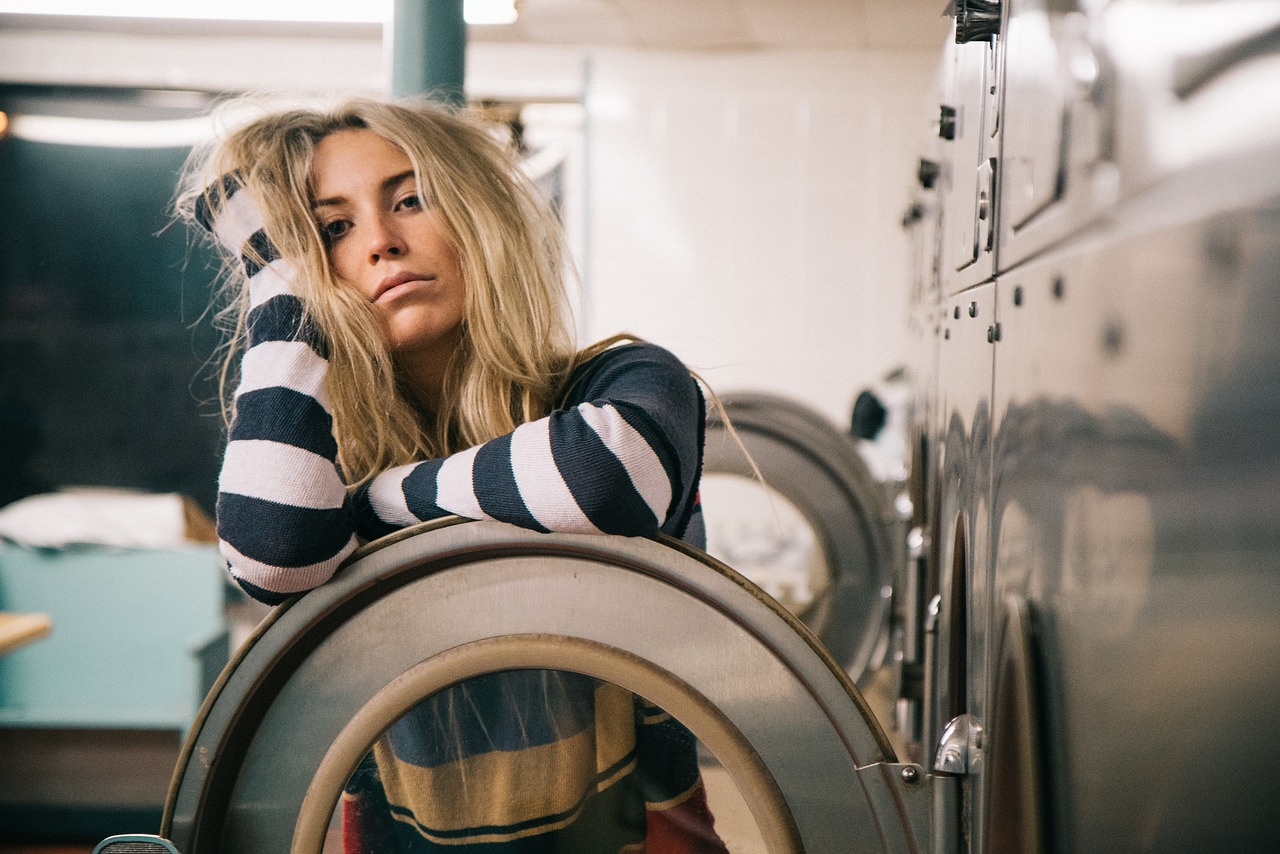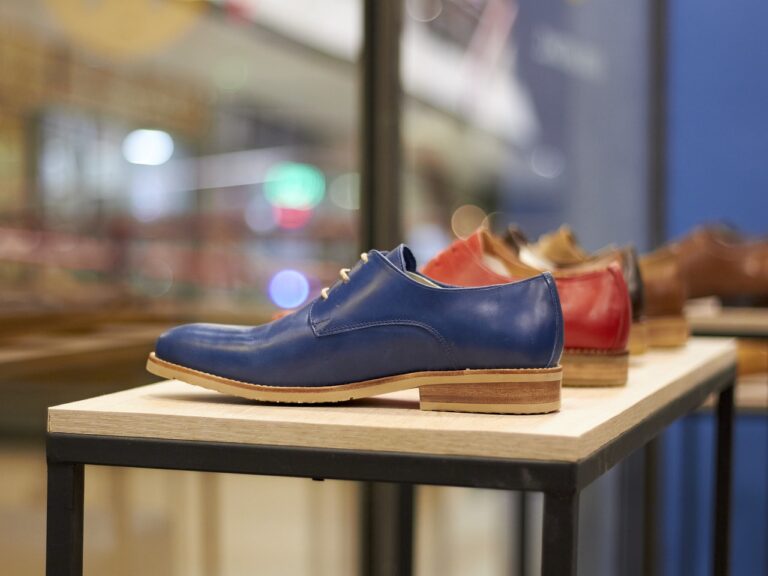The Rise of Influencer-Owned Brands and Their Impact on Traditional Retailers
Laser Book 247 Login, Laser Betting App: In the rapidly expanding landscape of influencer-owned brands, a few key players have emerged as industry leaders. These influencers have successfully leveraged their online presence and engaged audiences to create their own brands, establishing a strong foothold in the market. By utilizing their personal brand and credibility, these influencers have been able to tap into a loyal fan base, driving sales and brand loyalty.
One notable trend among these key players is the emphasis on authenticity and transparency. Consumers are drawn to influencer-owned brands that align with the influencer’s values and personal style, creating a genuine connection with their audience. By staying true to their authentic selves and maintaining a high level of integrity in their brand partnerships, these influencers have been able to build a strong and trusting relationship with their followers, leading to the success of their owned brands.
The Evolution of Influencer Marketing
In recent years, the landscape of marketing has witnessed a significant shift with the rise of influencer marketing. Gone are the days when traditional advertisements held the most sway over consumer decisions. Instead, influencers have become the new go-to for brands looking to reach their target audience in a more authentic and relatable way.
With the advent of social media platforms like Instagram, YouTube, and TikTok, influencers have amassed large followings that companies are eager to tap into. These individuals have the power to influence consumer behavior and shape brand perceptions, making them an invaluable asset in the world of marketing. As a result, influencer partnerships have become a mainstay in many brands’ marketing strategies, offering a fresh and engaging way to connect with consumers in an increasingly digital-driven world.
• Influencers have become a crucial part of marketing strategies for many brands
• Social media platforms like Instagram, YouTube, and TikTok have provided influencers with a platform to reach large audiences
• Influencers have the power to influence consumer behavior and shape brand perceptions
• Brands are eager to partner with influencers to connect with consumers in a more authentic way
Challenges Faced by Traditional Retailers
Traditional retailers are encountering a multitude of challenges in today’s dynamic market landscape. One of the primary obstacles they face is the shift in consumer shopping behavior towards online platforms. With the rise of e-commerce giants and the convenience of online shopping, traditional retailers find themselves struggling to compete and retain customers.
Moreover, traditional retailers are also grappling with the growing trend of influencer marketing. As influencers gain significant sway over consumer purchasing decisions, retailers must adapt their marketing strategies to effectively reach their target audience. This shift towards influencer-driven sales poses a challenge for traditional retailers, who may not have the resources or expertise to navigate this new era of digital marketing.
What are some challenges traditional retailers face in today’s market?
Traditional retailers face challenges such as increased competition from online retailers, changing consumer shopping habits, rising operational costs, and the need to adapt to new technologies.
How can traditional retailers overcome these challenges?
Traditional retailers can overcome these challenges by focusing on providing unique in-store experiences, enhancing their online presence, leveraging data analytics to understand consumer behavior, and investing in omnichannel strategies.
Why is it important for traditional retailers to adapt to the changing market landscape?
Adapting to the changing market landscape is crucial for traditional retailers to stay competitive and relevant in today’s digital age. Failure to adapt could result in declining sales, loss of market share, and ultimately, business closure.
How can traditional retailers leverage influencer marketing to attract customers?
Traditional retailers can collaborate with influencers to promote their products or brand, reach a wider audience, increase brand awareness, and drive sales. Influencer marketing can help traditional retailers stay relevant and connect with younger, tech-savvy consumers.
What role do influencers play in the retail industry?
Influencers play a significant role in the retail industry by influencing consumers’ purchasing decisions, shaping trends, and driving brand engagement. Retailers can benefit from partnering with influencers to tap into their loyal followers and create authentic marketing campaigns.







